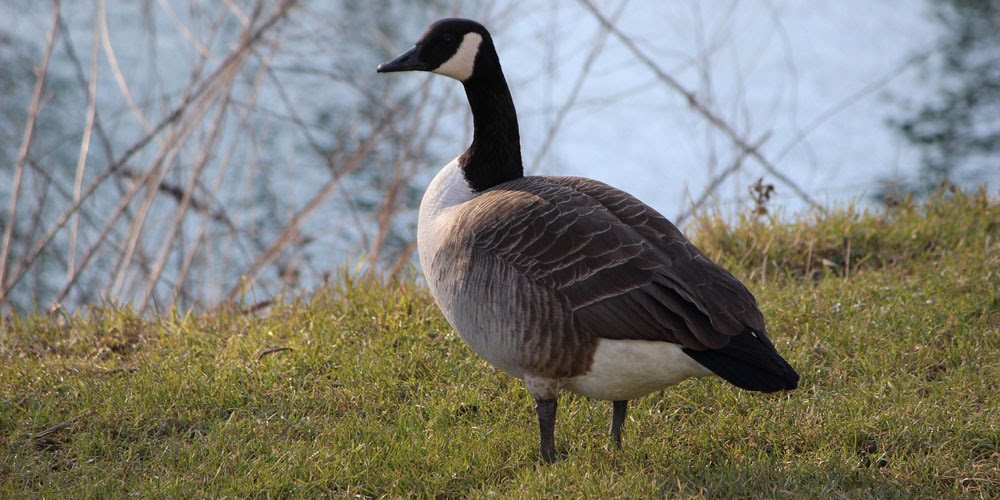
LOCAL
Goose poop dispute
Governor Mark Dayton has proposed a new rule that would restrict the use of nitrogen-based fertilizers in the fall and winter in areas with porous soil, which are most vulnerable to groundwater pollution. According to the governor, Minnesota has a problem with nitrates in our groundwater, and this rule is part of an effort to address it.
State representative Jeff Backer is pushing back on these additional agriculture buffer regulations. Instead of pursuing burdensome regulations, he states that we should be working with farmers to ensure our agricultural industry prospers. Backer argued that waterfowl poop has a lot of nitrates and this source should be investigated first, instead of adding regulatory hoops for farmers.
The goose poop issue has however already been solved by the UMN and Minnesota Pollution Control Agency, whom in their study “Nitrogen in Minnesota Surface Waters” mention that duck and geese excrement add an approximate 0.1% of the statewide N load to waters where as cropland sources are estimated to contribute 72.9%.
NATIONAL
The Harvey effect
When hurricane Harvey bore down on Texas, Governor Greg Abbott’s administration decreed that storm-related pollution would be forgiven as “acts of God.” Many environmental regulations were suspended. Sure enough, Harvey devastated not only the lives and homes of residents, but also their environment and questions about the long-term consequences for human health remain unanswered.
The environmental damages of the hurricane are slowly becoming clearer. Reporters catalogued more than 100 Harvey-related toxic releases, most of which never got publicized as they where overshadowed by other more relatable and immediate effects of the flood.
Benzene, vinyl chloride, butadiene and other known human carcinogens were among the dozens of tons of industrial toxins released into surrounding neighborhoods and waterways.
Some think that state’s industry-friendly approach has weakened efforts by the city of Houston and surrounding Harris County to build cases against and force cleanup by the companies. The governor’s Harvey disaster declaration suspended environmental reporting and record-keeping rules as well as liability for unauthorized emissions for the duration of the disaster declaration, which was most recently renewed on March 16.
GLOBAL
No land, no man
Worldwide land degradation caused by human activities has reached a critical stage and is currently undermining the well-being of 3.2 billion people worldwide. Land degradation manifests in many ways: land abandonment, declining populations of wild species, loss of soil and soil health, rangelands and fresh water, as well as deforestation.
These changes drive species extinctions, climate change and mass human migration, which are predicted to just get worse in the future.
These conclusions are part of the first comprehensive evidence-based assessment of land degradation and restoration produced by the Intergovernmental Science-Policy Platform on Biodiversity and Ecosystem Services. The report is backed by the UN and draws on more than 3,000 scientific, government and local knowledge sources. It has been approved by 129 national governments and is the product of three years of work by more than 100 scientists, extensively peer-reviewed by over 200 external reviewers.
The report also outlines that successful examples of land restoration are found in every ecosystem. Many well-tested practices and techniques can avoid or reverse degradation.
On top of restoration being possible, it is also lucrative. The higher employment and other benefits of land restoration exceed the costs involved. On average, the benefits of restoration are 10 times higher than the costs, and the cost of inaction in the face of land degradation is at least three times higher than the cost of action.
Minnesota House of Representatives
Nitrogen in Minnesota Surface Water
The Associated Press
Waste Dive
Intergovernmental Science-Policy Platform on Biodiversity and Ecosystem Services
